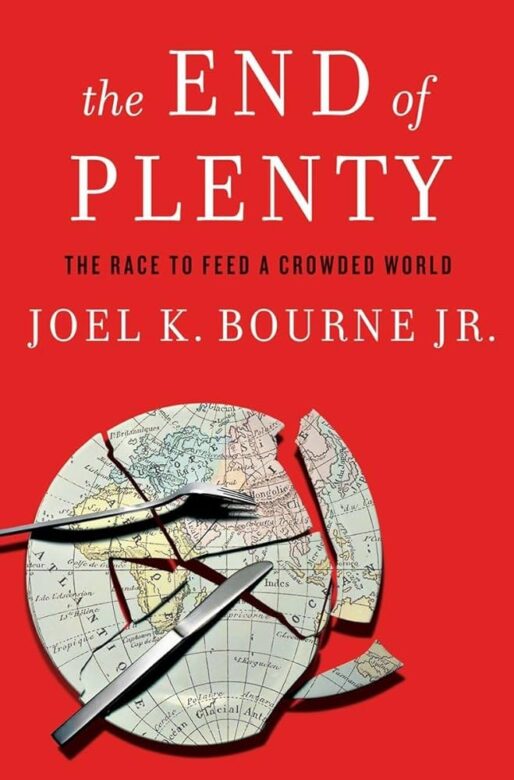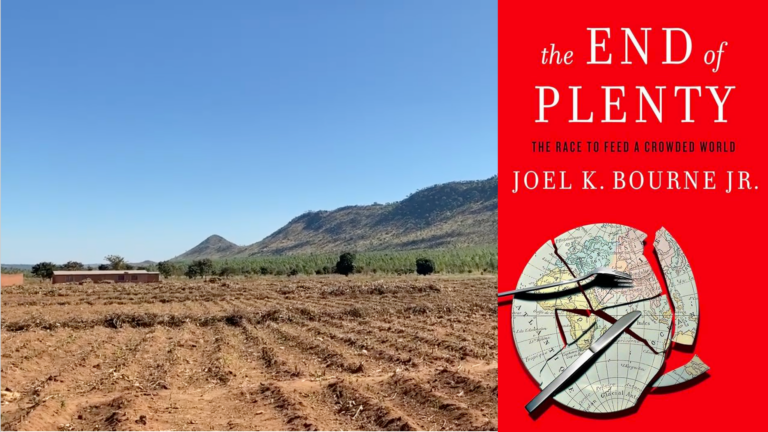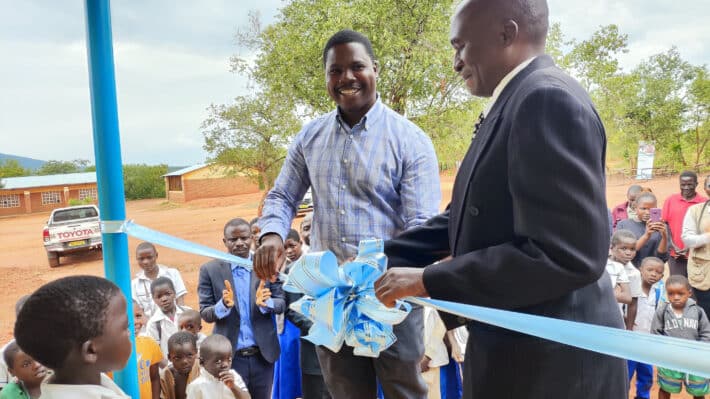The End of Plenty Book Review


Has the Green Revolution Failed?
The work of Norman Borlaug was supposed to feed the world. Father of the Green Revolution in the 1940’s and 1950’s, Borlaug developed varieties of wheat that were resistant to disease, drought, pests, and other natural forces, allowing farmers across the world to reap a higher yield from their crops and earn more income, feeding more people the world over. He had no way of knowing, however, that his work would lead to crop bioengineering, which today means that corporations can patent seed variants and control what farmers are allowed to grow and sell, especially in developing countries.
Smallholder farmers across the world have seen their profits sink as they come into competition with agriculture giants like Cargill, Bayer, and Monsanto. The vast majority of crops planted in the United States now go to feed the animals that we eat. 70% of American farmland is used for feed for cattle and pigs, rather than being used to feed the human population. The same is increasingly being seen across the world, where crops are grown to feed animals for meat, rather than to feed humans themselves.
Climate change is catastrophic for farmers
In addition to the mega-farms, climate change is forcing many farmers off their land as drought strikes and they can no longer grow enough crops to sell, or as flash flooding washes away a year’s worth of effort and precious topsoil along with it. The worldwide push to slow down global warming is often met with pushback from those who either don’t believe the science of climate change, or who stand to profit from the practices that cause climate change in the first place.
What could the future look like?
In the End of Plenty, Joel K. Bourne Jr. offers a picture of the future we could have if organic farming becomes the norm, and small farmers are able to feed their families and make enough profit to keep their business going. Even crops that are raised with only partially organic techniques succeed where conventional farming fails. Inexpensive drip irrigation becomes the standard and farmers the world over see their crops succeed. This is the future we could have if we want it – a world where there is enough food for everyone, where toxic pesticides no longer poison the groundwater, and a world where global warming is slowed and even potentially reversed.
How is Orant working toward this goal?
The Orant Agroecological Farm is a test plot on Orant’s campus in Kasese in which we are piloting natural farming methods that are good for the environment and for people’s health. Now, after the first year, the plot is very productive, already producing new banana shoots and papaya fruit and much more! Stay tuned for more updates on our Agroecological Farm and more stories from the field!




